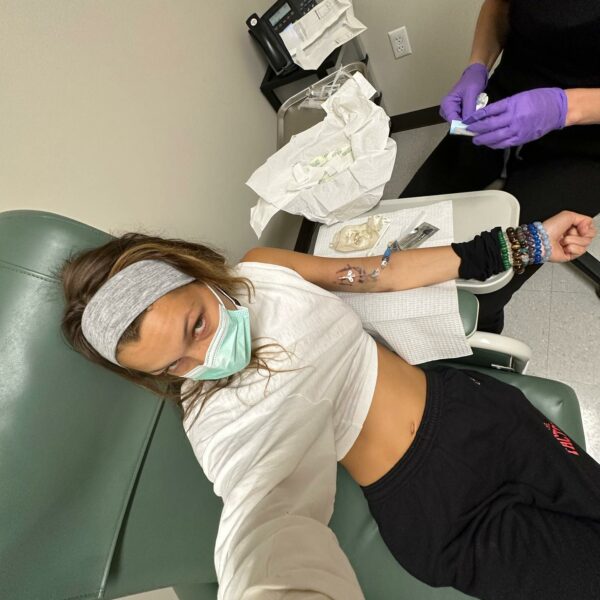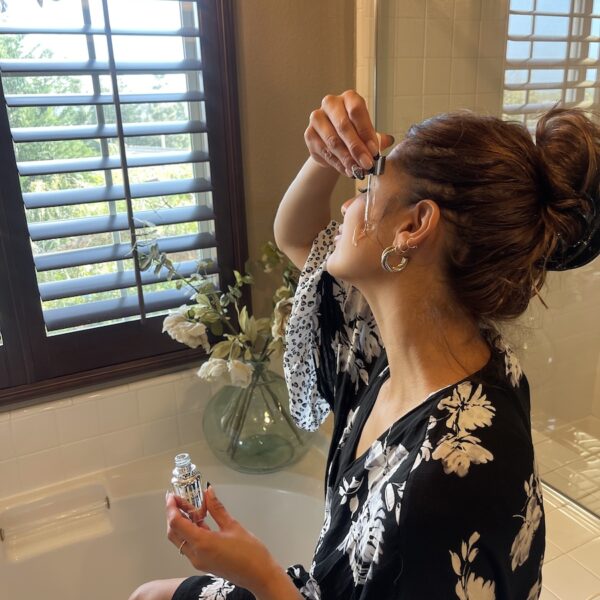Many people share a fear of the dentist’s office, dreading a potentially painful experience, lectures about not flossing, or a cavity’s appearance that puts a “stain” on their health records.
In spite of this, teeth cleanings are considered routine maintenance, a universally accepted component of overall health.
Another regular checkup that should be done twice a year (more or less depending on your situation)? STI testing. Just as cavities are preventable, manageable, and treatable, so are many STIs.
Pleasure and prevention can co-exist, just as we can enjoy sugar and avoid a cavity. But it’s that three-letter word “s-e-x,” and any of its variations—sexual health, human sexuality, or sexual wellness—that makes people run in the opposite direction.
Quick note: I’ll be using the term STI in this story rather than STD. While they both mean essentially the same thing, most organizations and professionals are transitioning away from “D” because of “disease”—and that has perpetuated the stigma.
Much like mental health, sexual health (especially an STI) is typically categorized as a monster versus a cowering mouse. Without personal experience, you likely won’t realize that the fear of having an STI is usually worse than the STI itself.
A lack of basic sex education, programs, and accessible resources are just a few barriers that perpetuate the stigma and may prevent people from taking control of their sexual health.
In addition to routine testing, here are a few ways to foster a more accepting environment and help shake the STI stigma over time.
Destigmatizing the language destigmatizes the treatment. Understand supportive versus stigmatizing expressions by reading an inclusive language guide.
Even in small, supportive circles, most people don’t want to be the one to say “I have herpes,” “My doctor put me on anti-depression meds,” or even, “My bank account is in the negative.”
We are human. These things do not determine our worth or value.
If you have an STI, please be a compassionate resource, whether in a Reddit thread, a social media comment, or among friends. If you don’t have an STI and you have a question, ask. Others around you likely have the same question. This can create more psychologically safe spaces for dialogue.
Shame, trauma, and/or fear of rejection can cause people to skip the STI conversation completely, talk about it after exchanging fluids, or bring it up when symptoms are present. Confidently initiating the conversation can help break misconceptions about the difficulty of the conversation. That can create a ripple effect with their future partners, too.
Here’s an important reminder for the road.
Talking about sexual health and STIs openly is not intended to glamorize STIs as desirable, nor is it meant to excuse not being accountable for our health. Creating acceptance for and normalizing STI testing and sexual health is the goal.
We are sexual creatures. Humans have been having sex and procreating for thousands of years.
The “sex-is-dirty” narrative is nothing but outdated programming that won’t prevent anyone from getting an STI, but it may prevent them from going to the doctor for a simple prescription.
Change the f*cking channel already.
Casey Murphy is a certified sex educator, a pleasure products expert, and a PR and marketing strategist for the business of pleasure.
The content provided in this article is provided for information purposes only and is not a substitute for professional advice and consultation, including professional medical advice and consultation; it is provided with the understanding that Poosh, LLC (“Poosh”) is not engaged in the provision or rendering of medical advice or services. The opinions and content included in the article are the views of the interviewee only, and Poosh does not endorse or recommend any such content or information, or any product or service mentioned in the article. You understand and agree that Poosh shall not be liable for any claim, loss, or damage arising out of the use of, or reliance upon any content or information in the article.






































